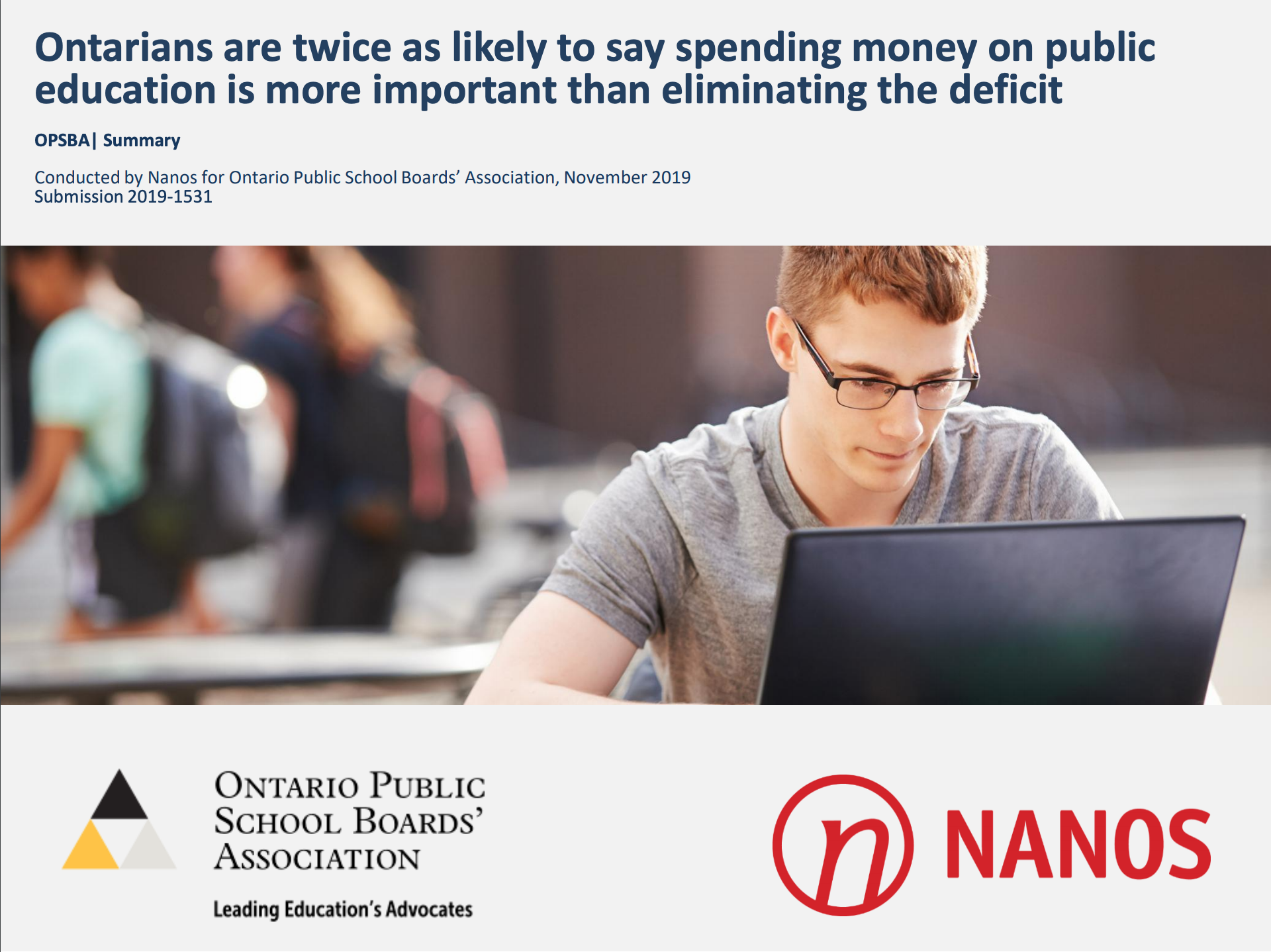Last week, the Ontario Public School Board Association (OPSBA) and Nanos Research released polling data regarding many public education issues. This data confirmed that Ontarians view money spent on publicly funded education as an important investment in Ontario’s future and that the provincial government should prioritize education spending over tackling the deficit. Over 90% of Ontarians supported investing in school maintenance and repairs.
Back in August, Premier Ford declared that his government was going to invest $13-billion in building new schools over the coming 10 years; and that his government was going to continue to invest $1.4-billion each year for school repairs.
Our 10 year plan for infrastructure projects across Ontario includes:
🏥$17 billion to build & renovate our hospitals
🏫$13 billion to build new schools + $1.4 billion for repairs
🌐$315 million to improve & expand internet and cell service into more rural and remote communities pic.twitter.com/4yLsOvniui— Doug Ford (@fordnation) August 27, 2019
Recognizing that there are many urgent issues to be addressed in the education sector at the moment, Fix Our Schools urges the Ford government to begin investing in building new schools in Ontario. Back in July 2019, Minister Lecce announced that the provincial government would finally resume the process to approve new school buildings after a year hiatus when zero new school buildings were approved in this province. We’re still waiting to hear how this process is unfolding and we are still lamenting that this government’s actions allowed over a year to pass with zero investment in new school buildings.
As Ontarians declared in the recent OPSBA and Nanos research polls, the time to invest in publicly funded education in Ontario is now.


